Table of Contents
ToggleBest Banks Using Social Media in New Ways for Business:
In Western countries, social media is mainly used for communication and customer service. However, some banks with fewer traditional banking ties have creatively integrated social media into their business models. Banks on social media to enhance customer engagement, provide timely support, and promote their financial products and services to a broader audience. These innovators use social media as a key competitive tool, enhancing their customer-focused approach and setting themselves apart from other banks.
GTBank, Nigeria: The Social Media Bank
Introduction to Guaranty Trust Bank
Established in 1990, Guaranty Trust Bank plc (GTBank) started as a limited liability company authorized to provide commercial and other banking services in Nigeria. Commencing operations in February 1991, GTBank has since evolved into one of Nigeria’s most respected and customer-centric banks.
Public Listing and Recognitions
In September 1996, GTBank went public and received the Nigerian Stock Exchange President’s Merit award. The bank continued to receive this accolade in subsequent years: 2000, 2003, 2005, 2006, 2007, 2008, and 2009. By February 2002, GTBank had secured a universal banking license, and in 2003, it was appointed as a settlement bank by the Central Bank of Nigeria (CBN).
Capital Growth
In 2004, GTBank conducted its second share offering, raising over ₦11 billion from Nigerian investors to expand its operations and enhance its global competitiveness. This effort helped the bank meet the CBN’s new minimum capital base requirement of ₦25 billion in 2005, aimed at fortifying Nigerian banks.
Emphasis on Retail Banking
After consolidation, GTBank shifted its focus to retail banking, leading to a significant rebranding effort in June 2005. This rebranding included enhanced services, an assertive expansion strategy,

and the introduction of the bank’s vibrant orange branding.
Major Financial Achievements
2007: GTBank made history as the first Nigerian financial institution to issue a US$350 million Eurobond and a US$750 million Global Depositary Receipts (GDR) offer. The GDRs were listed on the London Stock Exchange, making GTBank the first Nigerian company and African bank to be listed on the main market.
2009: GTBank successfully completed a ₦13.165 billion Fixed Rate Senior Unsecured Non-Convertible Bonds offering, which was part of its ₦200 billion Debt Issuance Programme.
2011: GTBank launched a US$500 million bond, the first non-sovereign benchmark bond from sub-Saharan Africa (excluding South Africa), which matured in 2016. This milestone highlighted the international finance community’s confidence in the GTBank brand.
2013: GTBank issued a USD 400 million Eurobond at a 6% coupon rate, the lowest for a Nigerian company in the international capital market. This Eurobond was part of the USD 2 billion Global Medium Term Note Programme and attracted investors from Africa, America, Asia, and Europe.
With over 3 million Facebook fans, GTBank is one of Africa’s most popular brands on social media, with a presence on Twitter, LinkedIn, Google+, YouTube, Instagram, and Pinterest.
Initially, GTBank’s social media strategy focused on customer service and engagement, asking, “What do customers – and prospective customers – really want from their bank?”
The insights gained guided GTBank in strategic decisions like placing new ATMs, rolling out e-branches, and establishing full-service branches. The bank now offers 24/7 social media customer care and has introduced a Facebook app for opening GTBank accounts.
DenizBank, Turkey
Initial Setup and Growth
The bank commenced operations in August of its founding year from a hotel room, quickly moving to its new headquarters in Karaköy the following month. It initially opened 13 branches, including five outside of Istanbul. A revitalization program soon led to branches operating under a new corporate identity. The bank expanded by acquiring branches from other banks, such as Tarişbank in 2002. It also introduced internet banking in 1999 and founded Deniz Yatırım in 2001.
Strategic Moves and Acquisitions
In 2002, the bank moved its headquarters to Esentepe, Şişli, and acquired Tarişbank. The bank went public with its Initial Public Offering (IPO) on the Istanbul stock exchange in 2004.
Key Shareholder Transitions
On May 31, 2006, Dexia acquired a 75% stake in the
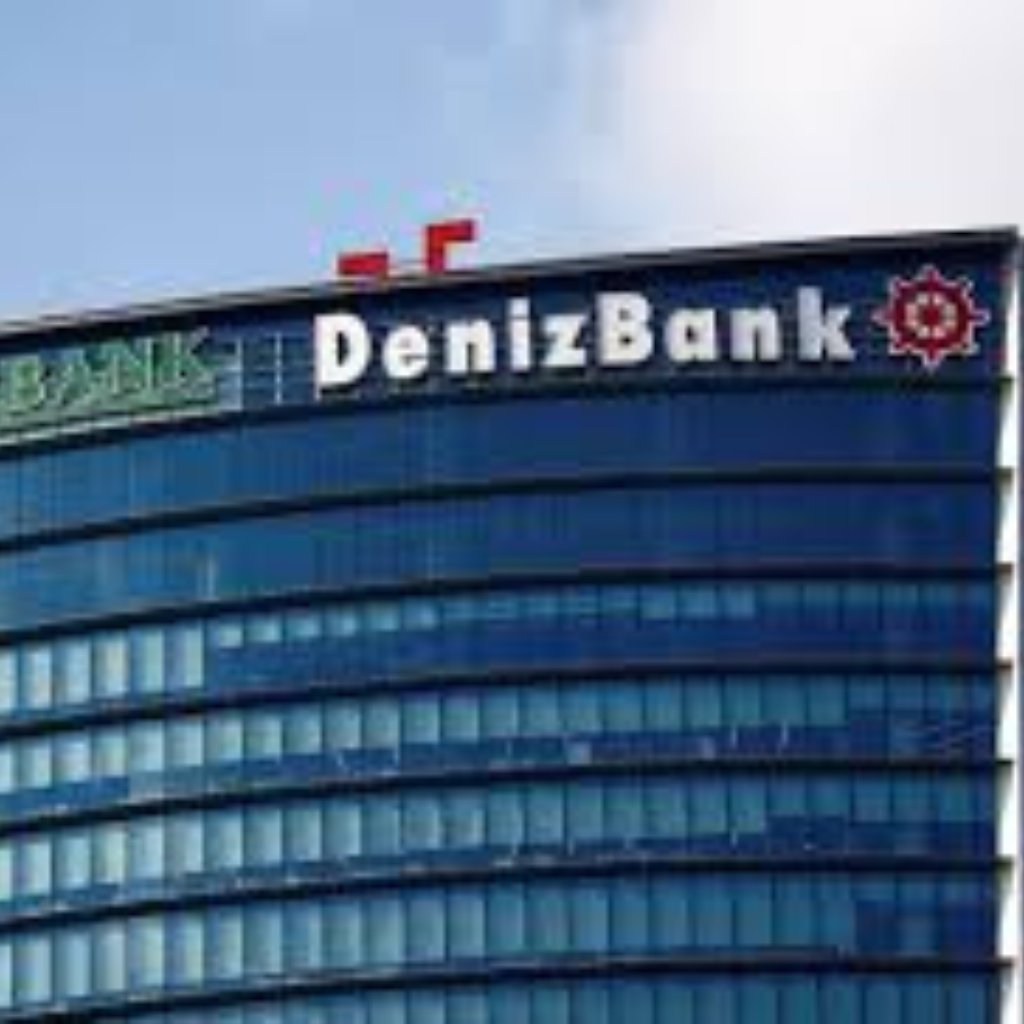
bank for US$2.437 billion, with the remaining 25% heldby the public. Dexia remained the major shareholder until 2012, when Sberbank purchased DenizBank from the financially troubled Dexia for US$3.6 billion.
Recent Ownership Changes
In 2018, Emirates NBD agreed to buy DenizBank from Sberbank. The acquisition was completed in July 2019, marking the latest change in the bank’s ownership.
In January 2012, DenizBank became the first bank to allow users to conduct banking via Facebook. This approach emphasized customer-first service and ensured ongoing communication with users. DenizBank has 1 million Facebook fans and 4 million visits, demonstrating significant social media engagement compared to the Royal Bank of Scotland’s 73,000 likes in the UK.
Garanti Bank, Turkey
About Garanti BBVA
Garanti BBVA, formerly known as Garanti Bank (Türkiye Garanti Bankası A.Ş), is a leading financial services company in Turkey. The Spanish bank BBVA owns 86% of its shares.
Overview
Garanti BBVA is the second-largest private bank in Turkey, with consolidated assets of $104.1 billion as of March 31, 2013. Its shares are publicly traded in Turkey, the UK, and the US, with a 50.76% free float.
Garanti BBVA provides a broad range of services, including payment systems, retail, commercial, corporate, SME, private, and investment banking. Through its subsidiaries, it also offers pension and life insurance, leasing, factoring, brokerage, and asset management services. Some key subsidiaries include Garanti Bank International, Garanti Bank SA, and Garanti Bank Moscow.
The bank serves twelve million customers through 872 domestic branches, seven branches in Northern Cyprus, one in Malta, and representative offices in Düsseldorf and Shanghai. It operates over 5,290 ATMs and offers services through its call center, internet, mobile, and social banking platforms.
Ownership
Garanti BBVA’s shares are listed on the Borsa Istanbul, LSE, and OTCQX. The ownership structure is:
Rank | Owner | Percentage Ownership |
1 | Banco Bilbao Vizcaya Argentaria (BBVA) | 86.00% |
2 | Others | 14.00% |
Total | 100.00% |
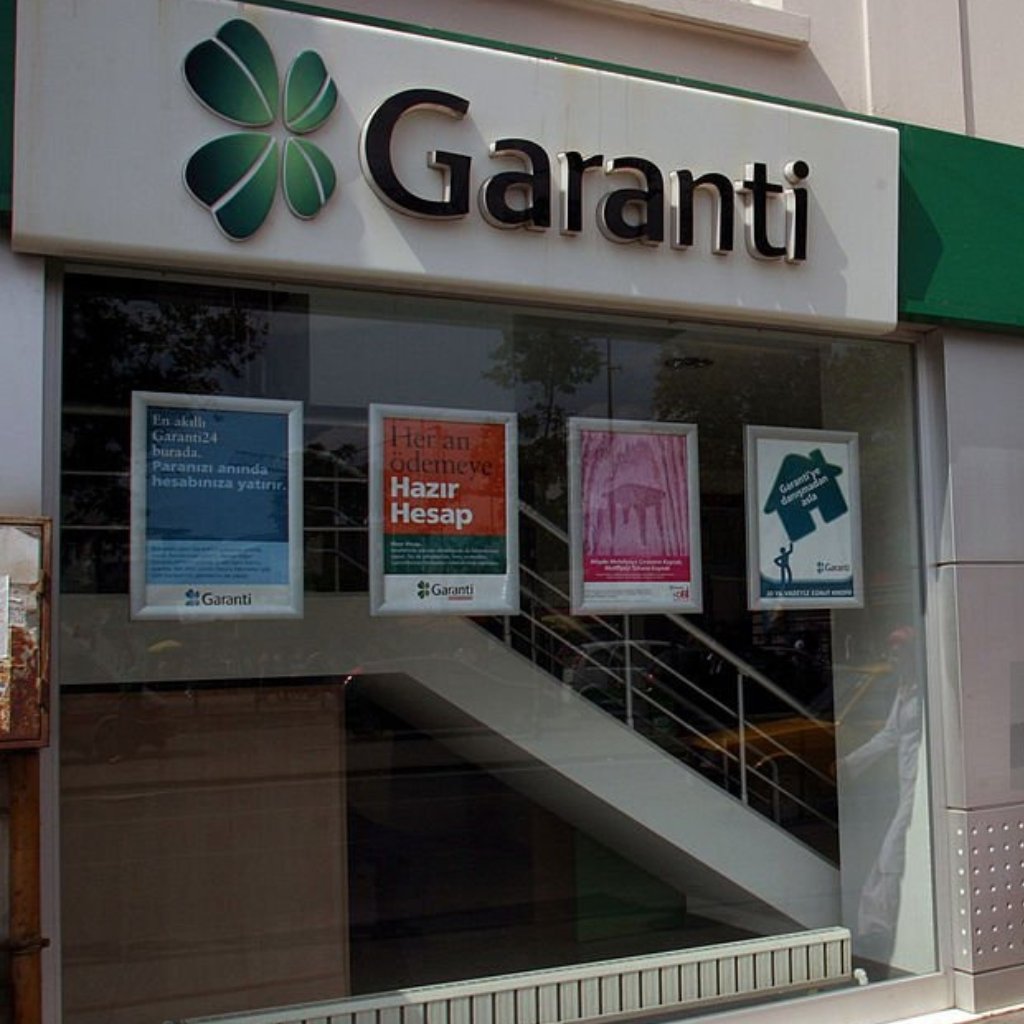
Ownership
Garanti BBVA’s shares are listed on the Borsa Istanbul, LSE, and OTCQX. The ownership structure is:
Group Companies
The Garanti BBVA Group includes:
- Garanti Bank International N.V.
- Garanti Bank Moscow
- Garanti Bank Romania
- Garanti Asset Management
- Garanti Securities
- Garanti Pension
- Garanti Leasing
- Garanti Factoring
- Garanti Payment Systems
- Garanti Mortgage
- Garanti Technology
Garanti Bank has developed a customer-centric experience, emphasizing mobile access and using social media to deliver personalized services.
“Bulk SMS and email can be a problem in Turkey, so we provide contextual information related to the time and place that you’re in, nothing else,” says Begüm Özer Özal, Digital Marketing and Sales Manager at Garanti Bank.
Garanti achieves this by linking iGaranti to users’ Twitter, Facebook, and Foursquare accounts. For instance, if a user checks in at a shopping mall, Garanti sends a push notification with relevant offers or information.
Fidor Bank, Germany
Fidor Bank: Overview
Fidor Bank was an online bank from Germany, established in 2009. It shut down in July 2023.
Entry into the UK and Acquisition
In 2015, Fidor Bank entered the UK market. In July 2016, it was revealed that France’s Groupe BPCE would buy Fidor Bank for €100 million. Even after the purchase, Fidor Bank kept its own branding as of September 2016.
Exit from the UK Market
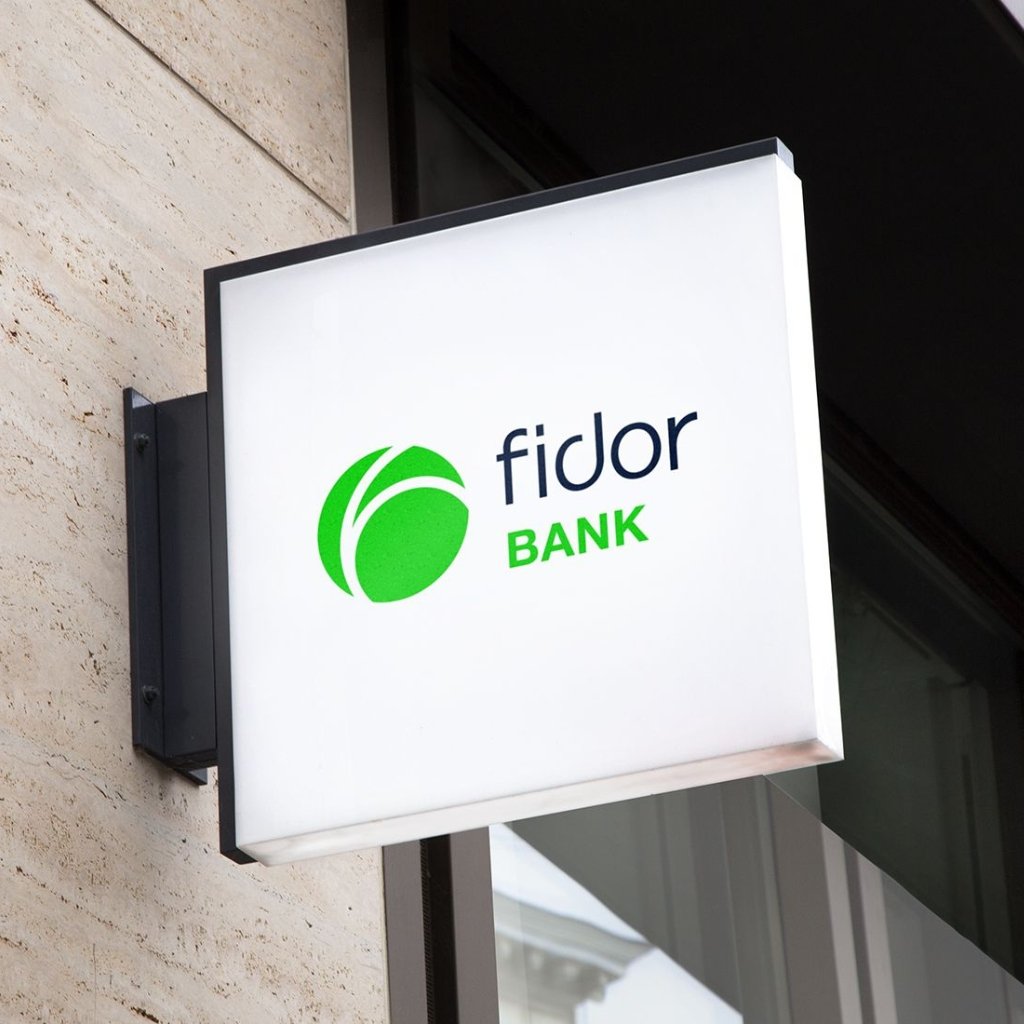
On 1 July 2019, Fidor Bank announced it would stop its UK services on 15 September 2019 due to market uncertainties.
Fidor Bank has established its brand on transparency and trust, using Facebook’s network of friends as a fundamental part of its business model.
“Fidor Bank is the world’s first bank that allows customers to influence the interest rates of FidorPay. The rule is simple: The more Facebook Likes, the higher the interest rate,” explains a Fidor representative.
The minimum interest rate is 0.5% per annum. If the bank reaches a certain number of Likes by the 25th of each month, a higher rate is applied. For example, with 22,000 Likes, FidorPay offers 1.5% interest annually. Since its inception, Fidor has spent €100,000 on marketing, averaging €1.33 per customer registration, much lower than the €7 per click cost for Google ads most banks face.
BBVA, Spain: Gamifying Banking
Introduction to BBVA
Banco Bilbao Vizcaya Argentaria, S.A., or BBVA, is a prominent multinational banking group from Spain. Formed in 1999 through the merger of Banco Bilbao Vizcaya and Argentaria, it stands as Spain’s second-largest bank.
Stock Market Influence
BBVA holds a significant position in the financial world, being a key part of both the IBEX 35 and Euro Stoxx 50 stock market indices.
Digital Revolution
In 2007, BBVA embarked on a major digital transformation journey. This
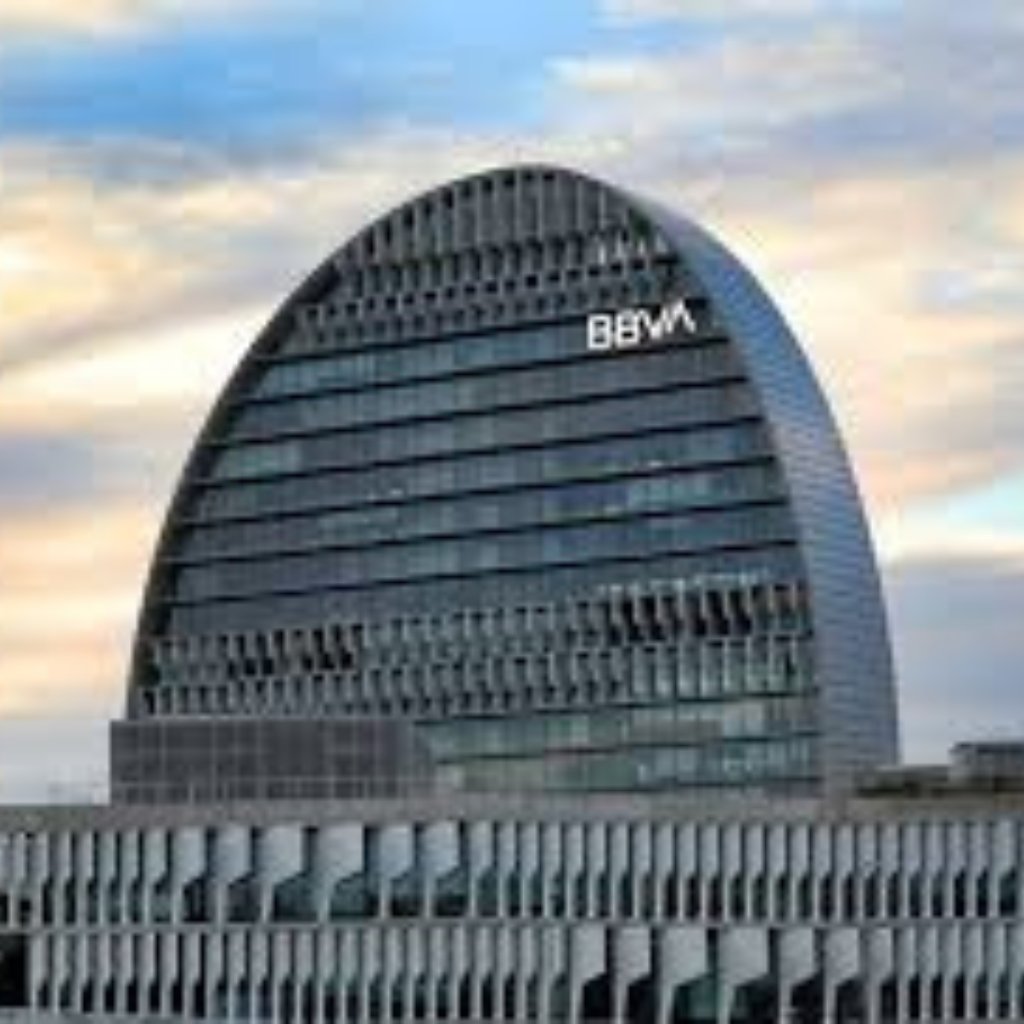
initiative led to a notable 19% annual increase in new customers. By 2015, the bank’s client base had expanded to 14.8 million, underscoring the effectiveness of its digital efforts.
BBVA launched “BBVA Game” to increase online banking usage. Customers earn points for actions like checking account balances or paying bills, which can be redeemed for prizes or raffle entries. The game has attracted 125,000 players, and BBVA’s Facebook fans have grown from 2,500 to nearly 60,000, boosting customer acquisition.
ICICI Bank, India
Introduction to ICICI
The Industrial Credit and Investment Corporation of India (ICICI) was established on January 5, 1955, as a government institution. Sir Arcot Ramasamy Mudaliar was appointed its first Chairman. It was originally formed as a joint venture with the World Bank, India’s public-sector banks, and public-sector insurance companies to provide project financing to Indian industry.
Evolution into ICICI Bank
In 1994, ICICI founded ICICI Bank as a wholly owned subsidiary in Vadodara, initially named the Industrial Credit and Investment Corporation of India Bank, later rebranded as ICICI Bank. In October 2001, ICICI merged with its retail finance subsidiaries, ICICI Personal Financial Services Limited and ICICI Capital Services Limited, into ICICI Bank, marking its privatization.
Transformation and Diversification
During the 1990s, ICICI evolved from a development financial institution focusing on project finance to a
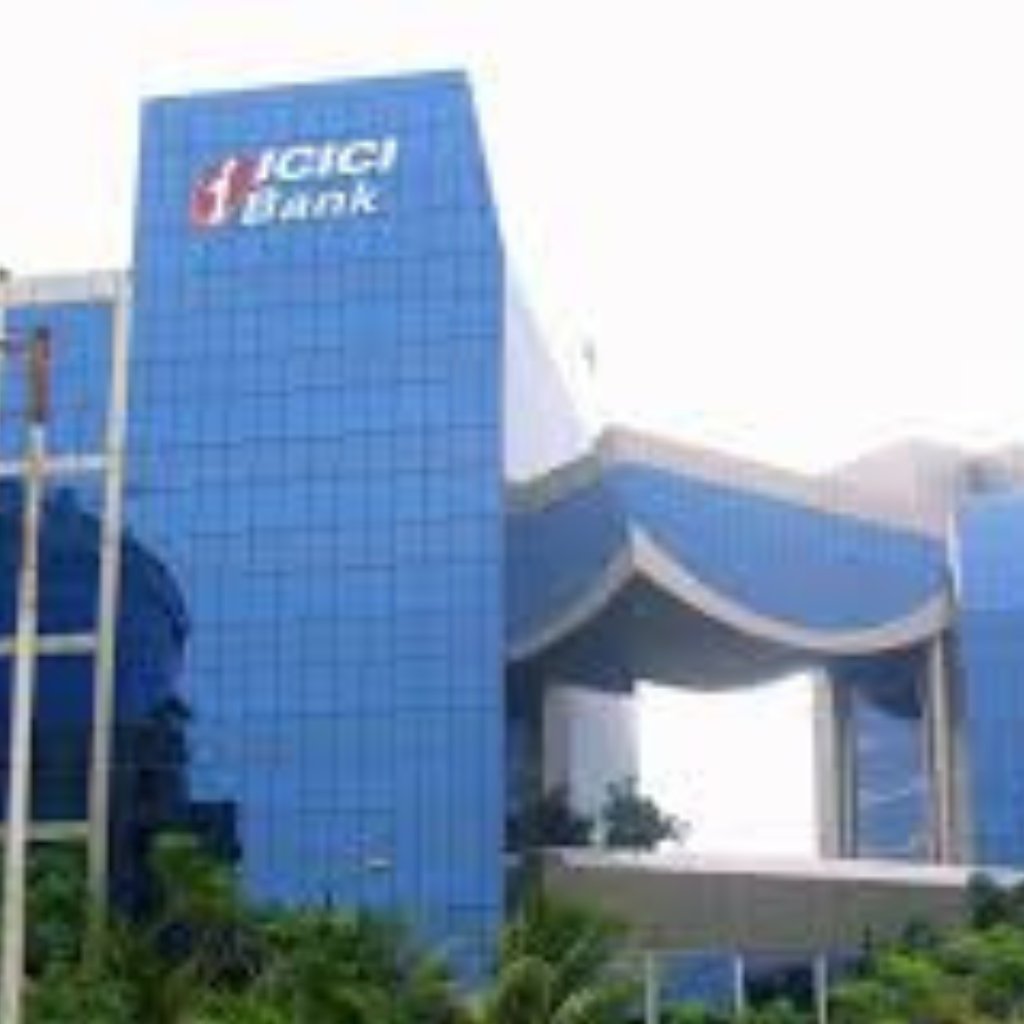
comprehensive financial services group, offering a wide range of products and services through various subsidiaries and affiliates, including ICICI Bank. In 1998, ICICI Bank launched its Internet Banking operations.
Market Expansion and International Listings
In 1998, ICICI reduced its stake in ICICI Bank to 46% via a public offering in India. It further expanded by issuing American depositary receipts on the NYSE in 2000. In 2001, ICICI Bank acquired Bank of Madura Limited through an all-stock deal and sold additional stakes to institutional investors.
ICICI Bank has enhanced customer engagement with a non-banking Facebook app, which has 3.8 million likes. The Pockets app allows users to pay friends and track group expenses via Facebook, and offers non-banking services like topping up mobile accounts and booking movie tickets.
ASB Bank, New Zealand: Virtual Branch on Facebook
Introduction to ASB
ASB, initially known as Auckland Savings Bank, was founded in 1847. The inaugural meeting was held at Campbell and Brown’s store, with attendees including John Logan Campbell, Dr. John Johnson, Rev. Thomas Buddle, John Jermyn Symonds, John MacDougall, David Graham, Robert Appleyard Fitzgerald, Thomas Forsaith, John Israel Montefiore, James Dilworth, Alexander Kennedy, and William Smellie Graham.
Evolution and Expansion
In the 1980s, the association of savings banks consolidated the local savings banks across New Zealand under the name ASB Trust Bank, with ASB leading the way. In 1986, ASB parted ways with the Trust Bank and, by 1987, had become a fully-fledged commercial bank known as ASB Bank. The Trustee Banks Restructuring Act of 1988 enabled ASB to transition into a public company.
Key Expansions and Acquisitions
In 1989, ASB Community Trust sold 75% of its shares to the Commonwealth Bank, marking a significant change in ownership. The bank continued to grow, and in 1994, it expanded its reach by acquiring Westland Bank, a former savings bank located on the South Island, thus achieving a nationwide presence.
Strategic Acquisitions
In 1999, ASB Group further diversified by acquiring Sovereign Limited, a life insurance company, and also took over the retail stockbroking and fixed-income operations of Warburg Dillon Read. By 2000, the Commonwealth Bank had purchased the remaining 25% of ASB’s shares, fully integrating ASB into its broader financial network. In 2005, the bank rebranded from ASB Bank to ASB to reflect its integrated financial services.
Recent Developments
In July 2020, ASB announced the closure of nine branches and a reduction to three-day weeks for 25 branches due to the rising demand for online services. Additionally, the company planned to hire 150 new staff members to provide specialized online support.
Innovations and Achievements
ASB has received numerous awards for its innovative services, including the NetGuide Award for best financial services site in 2006 and 2007, the TUANZ Innovation Award for Financial Service in 2001, 2002, 2003, and 2005, and Canstar’s inaugural ‘Best Online Banking Award’ in 2012.
In November 2006, ASB launched pago, an electronic payment service that allows real-time funds transfers via mobile phone or the internet. Although its usage has been limited and updates have been sparse since 2010, ASB Securities, established in 1999, remains New Zealand’s largest online broker by trading volume and active customers.

Significant Milestones
ICICI marked several milestones, becoming the first Indian company and non-Japan Asia-based bank to list on the NYSE in 1999. The reverse merger of ICICI, ICICI Bank, and its subsidiaries ICICI Personal Financial Services Limited and ICICI Capital Services Limited occurred in 2002.
Resilience During Financial Crisis
During the 2007–2008 financial crisis, rumors about ICICI Bank’s stability led to increased withdrawals at ATMs and branches. The Reserve Bank of India issued statements to confirm the bank’s financial strength and dispel these rumors.
Innovations and New Services
In 2015, ICICI launched ‘Money2World’, an outward remittance platform allowing fully online transactions for both ICICI and non-ICICI customers. This service was the first of its kind in India.
Strategic Investments
In March 2020, ICICI Bank’s board approved a ₹10 billion (US$120 million) investment in Yes Bank, acquiring a 5% ownership stake as part of its strategic investment efforts.
Pioneering Services
ASB has been a trailblazer in introducing innovative services to the New Zealand market, including:
- 1997: Launch of internet banking with FastNet Classic.
- 1998: Opening branches seven days a week.
- 1999: Online share trading on both Australian and New Zealand share markets via ASB Securities.
- 1999: Introduction of mobile phone banking with ASB Mobile.
- 2003: Option for customers to opt-out of paper statements.
- 2006: PDA and browser-based mobile banking.
- 2010: Automatic rounding of transactions with Save the Change, depositing the difference into savings accounts.
- 2012: Facebook friend payments via ASB Mobile apps for iOS, Android, and Windows Phone.
- 2012: Launch of a dedicated real estate app for iOS, named ASB Property Guide.
ASB Bank offers a virtual branch directly on its Facebook page, replicating in-branch services. Users can interact with actual staff members through photos, facilitating one-on-one dialogue and extending service availability beyond physical branch hours.
